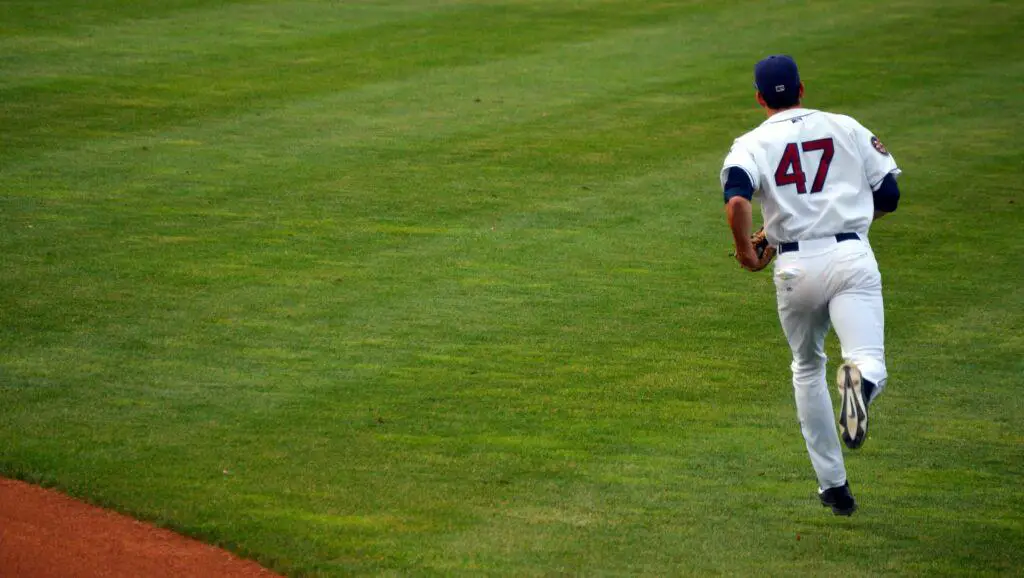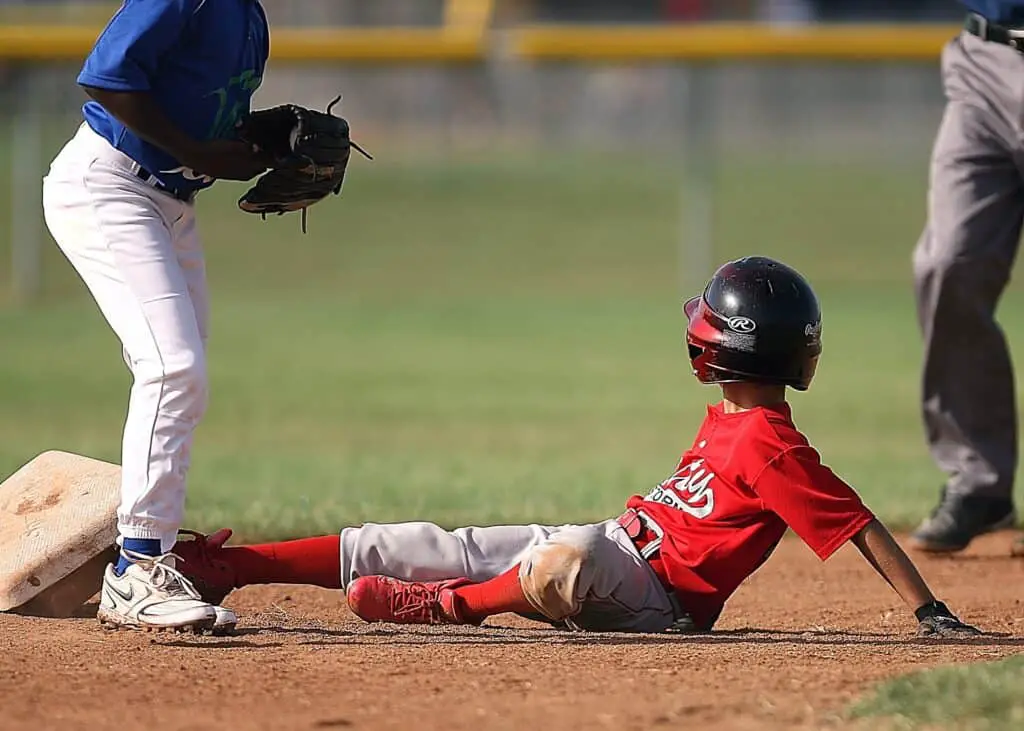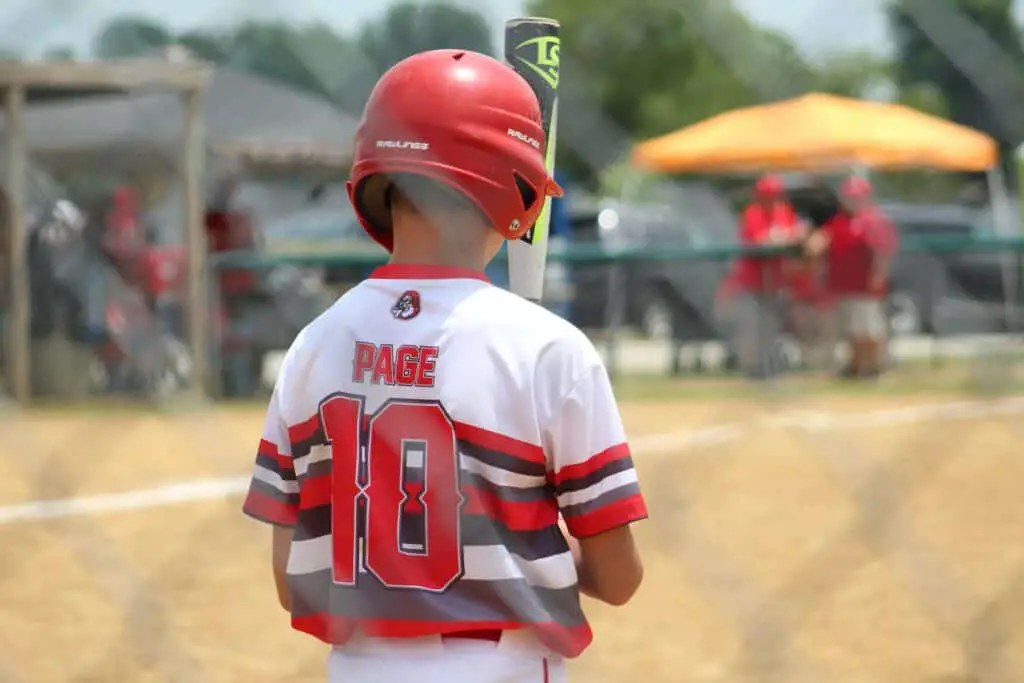Hypothetically, yes. As long as the score stays tied. In any case, each group just has a limited ‘seat, (which is the measure of players that can be utilized in any single game.) And recollect when a player is taken out from the game and fill in for he can’t return into that game in any way! Along these lines, inevitably somebody will tire, and likely it will be a pitcher who will surrender a hit that prompts the triumphant run. and if it is the host group that scores first since they have the last hostile inning after the initial 9 are played, they win.
Click here to view and buy great Baseball gadgets.

Five Ways that a Baseball Game Can Go On Forever
- The game is a tie toward the finish of 9 innings so it goes into additional innings, however no one scores. Or then again, much odder, at whatever point the meeting group scores x runs in the head of the inning, the homegroup scores x in the lower part of the inning. On the off chance that the game goes on excessively long, at that point the umpire can suspend it, yet the game will be finished later except if (1) the game doesn’t influence the title, and (2) the two groups don’t have a booked game. This is uncommon. (a) Most innings in a small-time game: In 1981 the Pawtucket Red Sox and the Rochester Red Wings (Baltimore Orioles ranch group) played a game that kept going 33 innings. Pawtucket won 3-2. The game lasted 8 hours and 25 minutes. (b) Most innings in a significant alliance game: In 1920 the Boston Braves and the Brooklyn Robins played a game that keeps going 26 innings yet was then called a tie by the umpire. There were no lights in arenas and the field got too dull. The game took just 3 hours, 50 minutes (the play was quicker at that point).
- The hitter has two strikes on him and he continues hitting foul balls. In 2018 Brandon Belt fouled off 16 pitches which is the current record. Ought to there be a standard to prevent this from proceeding too long? The issue is that if the standard is: if on a 2-strike check the hitter fouls the ball off X times at that point. It isn’t clear what ought to occur: should the pitcher or hitter be remunerated?
- The pitcher continues tossing to the initial base to hold the sprinter. Bill James brings up that when baseball was first concocted they knew to ensure that the pitcher-player cooperation ought to not go on that long, so they had the 4-balls, 3-strikes leads (the didn’t figure foul balls would be a difficult issue). Had they figured the pitcher would toss to initially base such a large number of times, they would have set a boundary for it.
- A group just continues getting hits and no outs in an inning. On May 8, 2004, the Detroit Tigers played the Texas Rangers. At the head of the fifth inning, the Tigers confronted 54 pitches and scored 8 runs. In the lower part of the fifth inning, the Rangers confronted 56 pitches and scored 10 runs. The whole inning kept going 1 hour and 8 minutes, which might be a record. (The Rangers won in the tenth inning 16-15.)
- There is a sprinter on first and he runs towards second. The second baseman gets the show on the road, what’s more, is set to label the sprinter, so the sprinter runs back to first. The second baseman tosses to the first baseman. And so on This could go on everlastingly yet I question its ever gone on more than 30 seconds.

What if a game never ended
The standards are set up, and with baseball being baseball, they are somewhat confounded. To begin with, we should kill situations in which a challenge can end in a tie. As indicated by Vincent, Rule 4.12 (b)(4)(ii) considers ties in games that are suspended however aren’t in the postseason or basic to a season finisher race:
Any suspended game not finished preceding the last planned game between the two groups during the title season will turn into a called game. If such a game turns into a called game and has advanced far enough to turn into a guideline game, and the score is tied, the game will be pronounced a “tie game.” An undecided outcome is to be replayed completely, except if the group president establishes that playing the rescheduled game isn’t important to influence the association title.
Standard season games are frequently deferred to a later date all together prop the timetable up (Vincent references a 2009 Houston-Washington game that began in D.C. in May, yet was deferred by the downpour and continued in Houston an entire two months after the fact). To encourage a close nonstop, ceaseless undertaking, our game should occur in the postseason.

Conclusion
Baseball is a prohibitive game—players are in a real sense fenced in, hitters remain in a case, and sprinters must adhere to away. That additional inning can hoard ceaselessly and a game could keep going forever is strange to the idea of the game itself, yet it’s the most intriguing thing about it.
I consider it any time a game goes to additional innings. This is it…these simpletons will continue playing for eternity. Yet, at that point, there’s a wild pitch or a bloop single or a recoil and sprinters advance and the game finishes. Fans return home, players begin considering the following one, and everybody is saved from baseball limbo.
People also ask
What is the longest baseball game ever played?
The Pawtucket Red Sox and the Rochester Red Wings, two groups from the Triple-An International League, played the longest game in proficient baseball history. It endured 33 innings, with 8 hours and 25 minutes of playing time.
How many innings can a Major League Baseball game go?
Nine innings, When a game is tied after guideline play, now and again seven innings in the lower levels, yet quite often nine innings in the significant classes, the game will go into additional innings.
How long can a baseball game last?
Three hours, A significant League Baseball match-ups last nine innings and take a normal of three hours to finish.